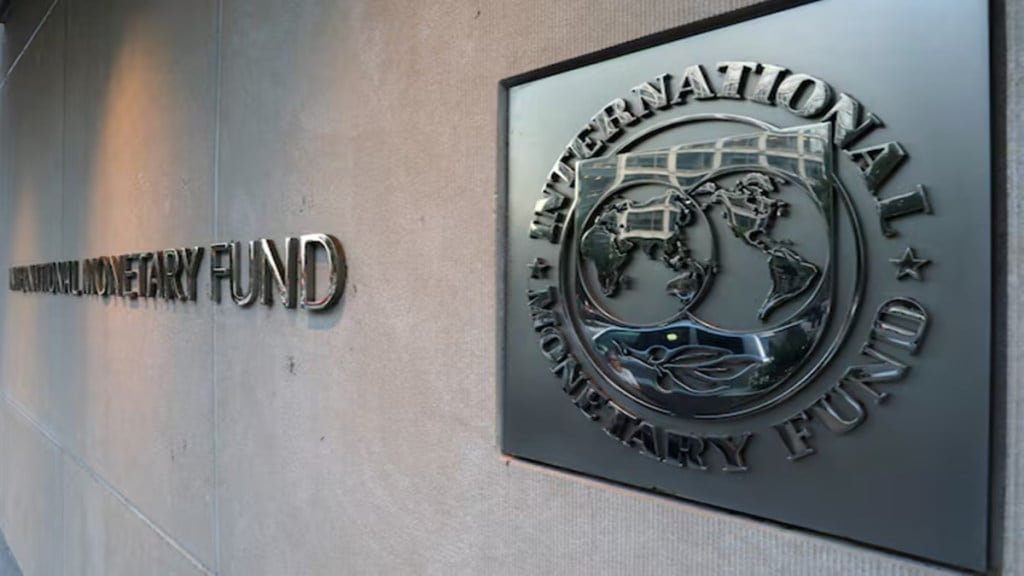As tensions rise between India and Pakistan following a Pahalgam terror attack in Kashmir, New Delhi has requested the International Monetary Fund (IMF) to review its loan programme to Islamabad, according to a senior Indian government source cited by Reuters.
India raises concerns over IMF lending
India’s concerns come in the wake of a brutal attack in Kashmir that killed 26 people on April 22. The Indian government has identified three attackers—two of whom it claims are Pakistani nationals—and labelled them as “terrorists.” Islamabad has denied any involvement and called for a neutral, international investigation.
The Indian government has taken a series of retaliatory steps, including suspending the crucial Indus Waters Treaty and closing its airspace to Pakistani flights. Now, it has also urged the IMF to re-evaluate the conditions and disbursement of its financial aid to Pakistan.
Why are IMF loans crucial for Pakistan?
Pakistan, which received a $7 billion bailout package from the IMF last year to stabilise its economy and avoid default, was also granted an additional $1.3 billion climate resilience loan in March. The aid is considered vital for the $350 billion economy as it grapples with structural reforms and high debt.
Pakistani finance ministry advisor, Khurram Schehzad, responded by saying the IMF programme remains “well on track” and that the latest review was successful. He added that during the IMF Spring Meetings in Washington, Pakistan held over 70 meetings with financial stakeholders and witnessed strong interest in investment and support.
The international community is watching the rapidly deteriorating situation with concern. US Vice President JD Vance said Washington hopes Pakistan will cooperate with India in tracking down perpetrators believed to be based in Pakistan.
Kashmir remains a flashpoint between the two nuclear-armed nations, with both claiming the region in full but administering separate parts. India accuses Pakistan of orchestrating cross-border terrorism, while Pakistan insists it only offers moral and diplomatic support to Kashmiri demands for self-determination.

